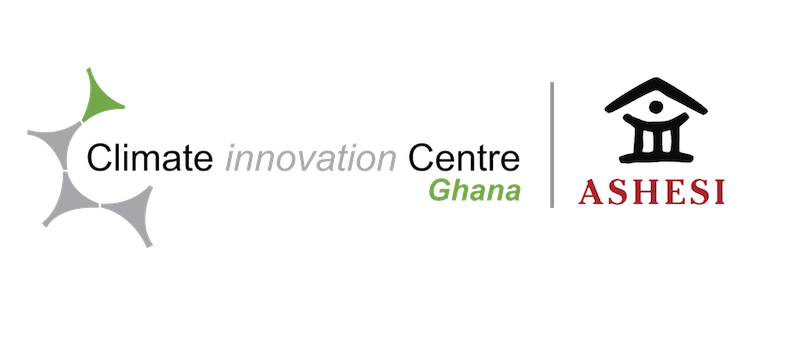Solutions to climate change come is many surprising forms and the Ghana Climate Innovation Centre is proud to put the spotlight on NASAM Brand Enterprise has been a two-time cohort with the Ghana Climate Innovation Centre and the 2018 Winner of the NATIONAL BEST IMPROVED WOODSTOVE FOR HOUSEHOLD CHALLENGE, organized by SNV a Netherland Development Organization, in Ghana. The company is also a member of the Ghana Alliance for Clean Cooking (GHACCO)
The company was founded by Bismark Asamoah Asante in 2015, with a production site in Cape Coast with a sales shop at Kasoa opposite the ADB Bank, designing, manufacturing, and retailing clean wood stoves, gas stoves and charcoal powered cookstoves for urban and rural households in Ghana and the rest of Africa.
The range of NASAM’s product line consists of the Obaa Hemaa Special woodstove, gas stoves, coal pots, grilled stoves, and ovens. Clean stoves tend to create space between the charcoal grate and other stove parts to lift the charcoal grate slightly off the bottom of the stove and increase the space to the sides of the stove and a deflector plate between the charcoal chamber and the bottom of the stove to radiate heat backwards. This limits the places where the hot grate can conduct heat to other stove parts and heat from charcoal is mainly transferred through radiation.
In order to put into perspective the importance of NASAM’s activities, one needs to note that according to https://consult.defra.gov.uk/airquality/domestic-burning-of-wood-and-coal, burning wood for domestic use is one of the biggest contributors to particulate emissions which make up 38% of total PM emissions, compared to 16% from industrial burning and 12% through transport.
In Ghana, about “73% of households rely on solid fuels for cooking. Over 13,000 annual deaths are attributed to exposure to indoor air pollution from inefficient combustion. In this study, assessment of thermal efficiency, emissions, and total global warming impact of three cookstoves commonly used in Ghana was completed using IWA water boiling test (WBT) protocol. Statistical averages of three replicate tests for each cookstove were computed. Thermal efficiency results were: wood-burning cookstove 12.2%, traditional charcoal cookstove 23.3% and improved charcoal cookstove 30%. The wood-burning cookstove emitted more CO, CO2 and PM2.5 than charcoal cookstove (coal pot) and improved cookstove”: https://www.academia.edu/69663481/Thermal_efficiency_of_charcoal_fired_cookstoves_in_Ghana
Other disadvantages of using conventional wood stoves include bad health, death, deforestation as well as the waste of time
There are most however options to reducing the harmful effects and boost sustainability, with products like the NASAM range. https://circularecology.com/carbon-offset-projects/clean-cookstoves-africa.html states that “Cleaner cookstoves typically reduce the energy consumption for cooking by 40-60%. This results in reduced carbon emissions, as well as many other benefits”.
The wider benefits also include

